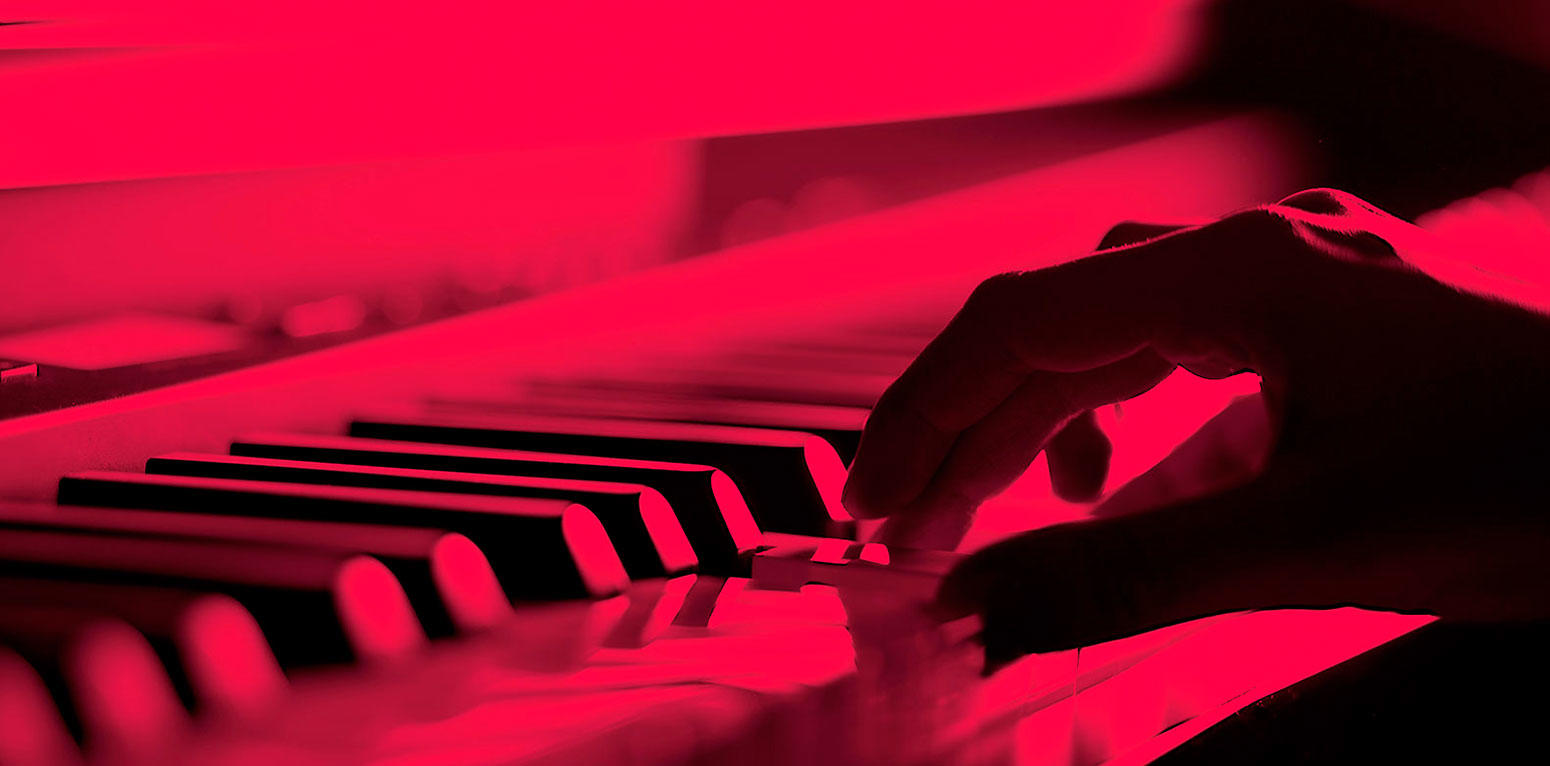
" Masaot / Clocks without hands "
For orchestra
Ricordi - Berlin
SÉLECTION 2017
- Nominated for : The Musical Composition Prize 2018
Olga Neuwirth: Vom Schaukeln der Dinge im Strom der Zeit
[The Sway of Things in the Stream of Time]
“Where between the Moldau, Danube
And my childhood river,
Everything sees me whole.”
Ingeborg Bachmann, Prague, January 1964
In 2010 the Vienna Philharmonic asked me to write an orchestral work for the 100th anniversary of Gustav Mahler’s death. As I had to finish two operas by the end of 2011, I had to decline.
When the commission was postponed until 2015, I decided I did not, want to drop the idea from 2010 of reflecting on Mahler. In the interim I had also had a dream that triggered the “musical turbulences” for my orchestral work.
My grandfather, whom I had never met and whom I only knew through photos and my grandmother’s stories, appeared to me in a dream. In the sunlit meadow of the Danube, with its rippling water, the wind moved myriads of green blades of grass in a strip of tangled reeds. My grandfather was standing in the midst of the grass, and playing one song after another to me on an old crackling tape recorder. He said: “From the start, I was strikingly different. I was an outsider and never entirely fit into my Austrian surroundings. All my life I had the feeling of being excluded. Listen to these songs: this is my story.” He had fallen out of time and was sharing this with me.
This dream had moved me so much that I wanted to process it by writing a composition, because for me writing has anyway always to do with memory. The idea was for it to seem as if you were listening to something being dreamt, as if you yourself were dreaming while listening.
Masaot/Clocks without Hands can be seen as a poetic reflection on how memories fade. The piece combines recurrent fragments of melodies from very different places and experiences from my grandfather’s life. It is a “shaped stream of memories”. The composition develops a “grid” in which song fragments resound and are recombined. Concurrently, there is a “musical object”, based on metronome beats, that makes time audible and perceptible. Just like on a spinning carousel, these metronome beats appear and disappear. Yet unlike on a carousel, they do not remain the same; they change each time through a slight shift in context and the superposition of various tempi. Through this “ticking of the metronome”, through this time’s externally regulated pulsation, time itself becomes a subjectively timeless realm of the subconscious. Ultimately, time appears to dissolve: clocks without hands.
My grandfather was born in a city by the sea that had had a turbulent history: at times the city was Under Venetian rule, while at others it was under Croatian-Hungarian rule. He later grew up in the Danube River Basin, on the border between Croatia and Hungary. So maybe my grandfather felt the same way as Canetti, who wrote about his childhood on the Danube: “As a child I had no real grasp of the variety, but I never stopped feeling its effects.” And “… I consist of many people whom I am not at all aware of.” Thus this piece was for me about the many different (musical) stories heard and carried to sea by the river: in my case, the Danube.
Back to Mahler. After its world premiere, his First Symphony was called “Katzenmusik” (caterwauling or cacophony) and criticized for eclecticism. But that was precisely what interested me! I wanted to explore this musical phenomenon, and the “ancient fragrance from fabled times” – specifically, the childhood and adolescence of my grandfather on the Danube. I wanted to look back at the world of Kakanian heritage from the perspective of my present life. In the search for identity and origin. Perhaps this piece is the ironic and melancholic “swan song” of an Austrian composer who feels “in a negative sense free” to compose whatever she wants and so feels close to Robert Musil’s “man without qualities”.
Masaot/Clocks without Hands evolved out of the multi-voiced sound of my fragmented origins and my desire for an uninterrupted flow, determined throughout the piece by constantly interchanging cells.
To me “Heimat” (homeland, native country) is something nebulous. In Masaot/Clocks without Hands I try to respond to the idea of someone having “several homelands”, namely, by composing music that is both native and foreign. Familiar and unfamiliar sounds, beyond any form of Kakanian nostalgia, in the impossible attempt to stop time by composing.
Olga Neuwirth

